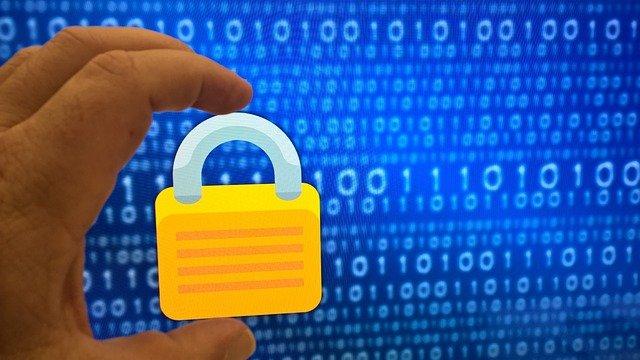Micro-Credentialing: The Future of Skill Acquisition
In today's rapidly evolving job market, traditional education paths are no longer the sole route to career success. Enter micro-credentialing, a revolutionary approach to skill acquisition that's reshaping how we learn and validate our expertise. This innovative system offers bite-sized, focused learning experiences that cater to the demands of modern industries and the fast-paced nature of technological advancement.

The Genesis of Micro-Credentialing
Micro-credentialing emerged as a response to the limitations of traditional degree programs in addressing the rapidly changing skill requirements of the modern workplace. Its roots can be traced back to the early 2010s, when online learning platforms began offering short, specialized courses. These courses evolved into more structured programs, eventually leading to the development of micro-credentials.
The concept gained traction as industries recognized the need for more agile and specific skill validation. Unlike broad-based degrees, micro-credentials focus on discrete competencies, allowing learners to quickly acquire and demonstrate mastery in particular areas. This approach resonates with employers seeking candidates with up-to-date, relevant skills and professionals looking to stay competitive in their fields.
Understanding Micro-Credentials
Micro-credentials, often referred to as digital badges or nanodegrees, are certifications earned through short-term, focused learning programs. These credentials verify specific skills or knowledge areas, typically requiring less time and financial investment than traditional degrees. They can range from coding languages and data analysis to project management methodologies and soft skills like leadership or communication.
What sets micro-credentials apart is their granularity and flexibility. Learners can stack multiple credentials to create a personalized skill set tailored to their career goals or industry demands. This modular approach to education allows for continuous learning and adaptation, crucial in today’s fast-paced job market.
The Impact on Career Development
The rise of micro-credentialing is reshaping career trajectories across industries. For job seekers, these credentials offer a way to quickly upskill or reskill, making career transitions more accessible. They provide tangible evidence of specific competencies, which can be particularly valuable in tech-driven fields where skills evolve rapidly.
For professionals already established in their careers, micro-credentials offer a means to stay current and competitive. They allow for continuous learning without the need for extended career breaks or significant time commitments. This ongoing skill development is increasingly crucial as industries undergo digital transformation and automation.
Employers, too, are recognizing the value of micro-credentials. They offer a more precise way to assess candidates’ skills and can help in identifying talent for specific roles or projects. Some companies are even developing their own micro-credentialing programs to train and upskill their workforce, ensuring their employees’ skills remain relevant and aligned with organizational needs.
Challenges and Considerations
While micro-credentialing offers numerous benefits, it’s not without challenges. One primary concern is the lack of standardization across different platforms and providers. This can lead to confusion about the value and recognition of certain credentials. As the field matures, efforts are being made to establish quality standards and improve credential portability across institutions and industries.
Another consideration is the potential oversaturation of the market with micro-credentials. As more providers enter the space, it becomes crucial for learners to discern which credentials are truly valuable and recognized by employers. This highlights the need for careful research and consideration when choosing micro-credentialing programs.
There’s also the question of how micro-credentials fit into the broader educational ecosystem. While they offer flexibility and specificity, they may not provide the same depth of knowledge as traditional degree programs. Finding the right balance between micro-credentials and more comprehensive educational experiences remains an ongoing discussion in academic and professional circles.
The Future of Micro-Credentialing
As we look to the future, micro-credentialing is poised to play an increasingly significant role in education and career development. We’re likely to see greater integration of micro-credentials into traditional educational pathways, with universities and colleges offering their own micro-credentialing programs alongside degree offerings.
The technology behind micro-credentialing is also evolving. Blockchain and other secure digital technologies are being explored to enhance the verifiability and portability of credentials. This could lead to a more seamless system where individuals can easily showcase their skills across different platforms and to various employers.
Partnerships between educational institutions, industry leaders, and technology companies are likely to shape the future of micro-credentialing. These collaborations can ensure that credentials remain relevant to industry needs and are widely recognized.
As the job market continues to evolve, micro-credentialing offers a promising solution for continuous learning and skill validation. It empowers individuals to take control of their professional development and provides employers with a more nuanced way to assess and develop talent. While challenges remain, the potential of micro-credentialing to democratize education and enhance career mobility makes it a trend worth watching and embracing in the years to come.






